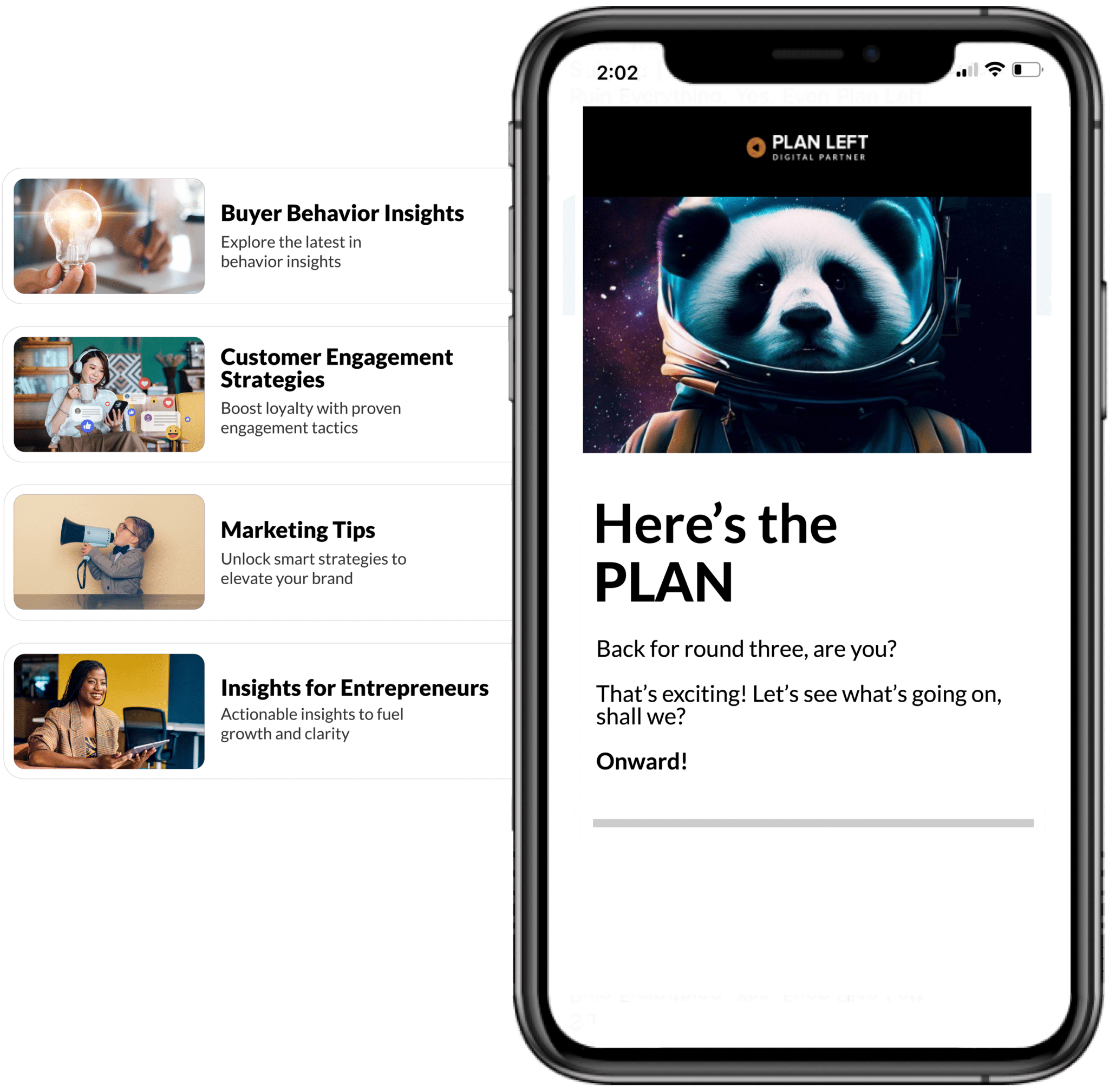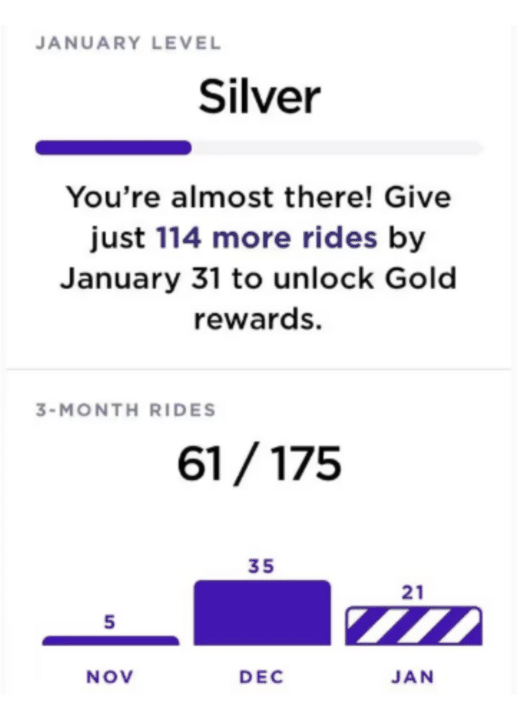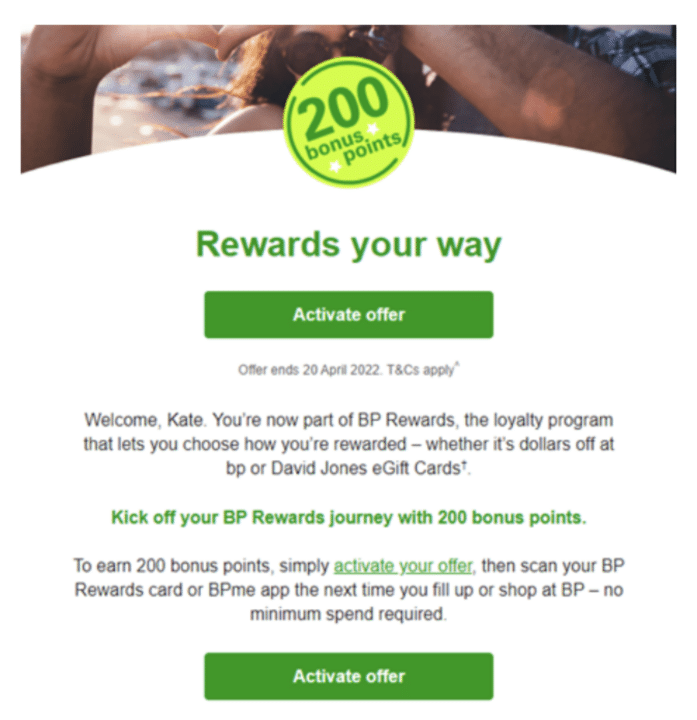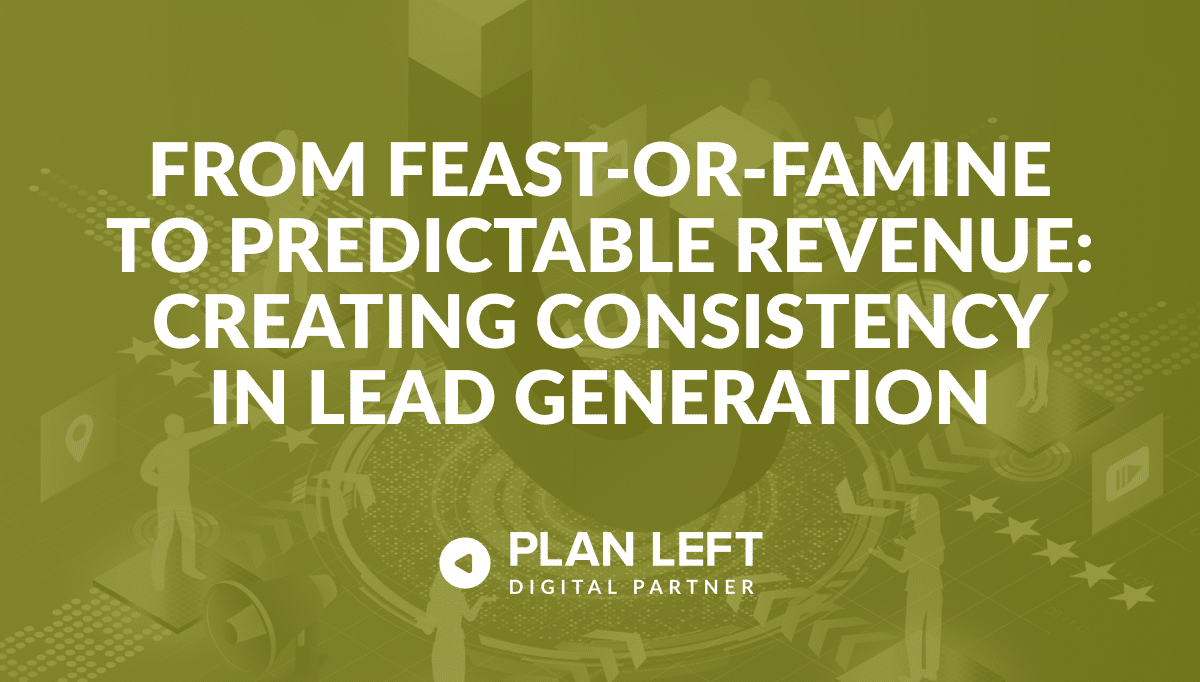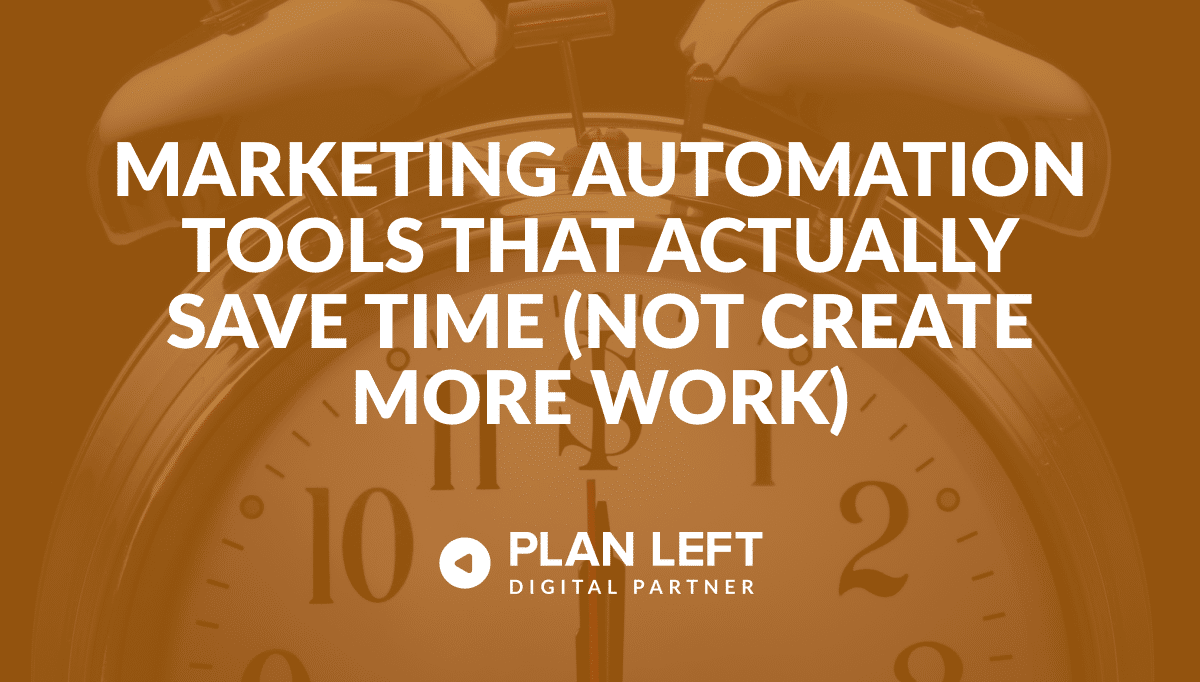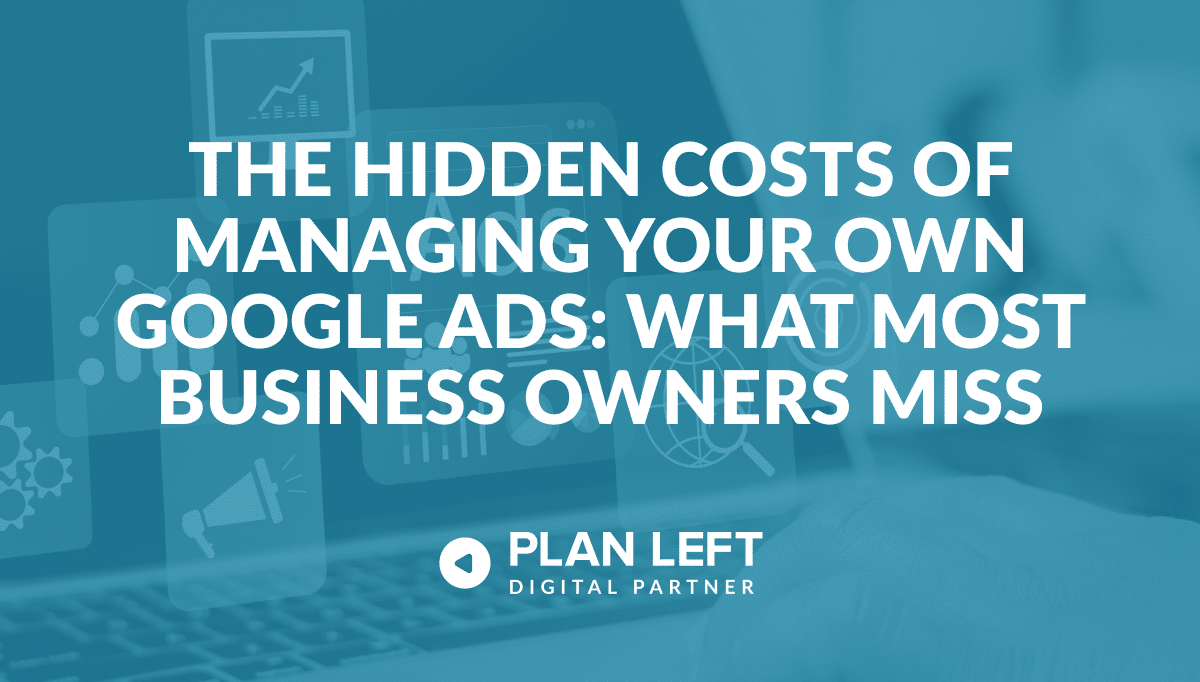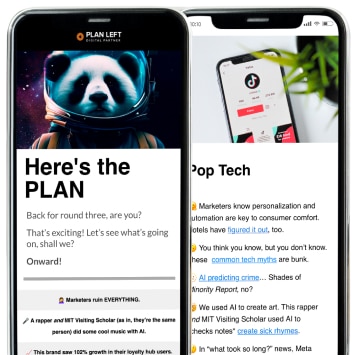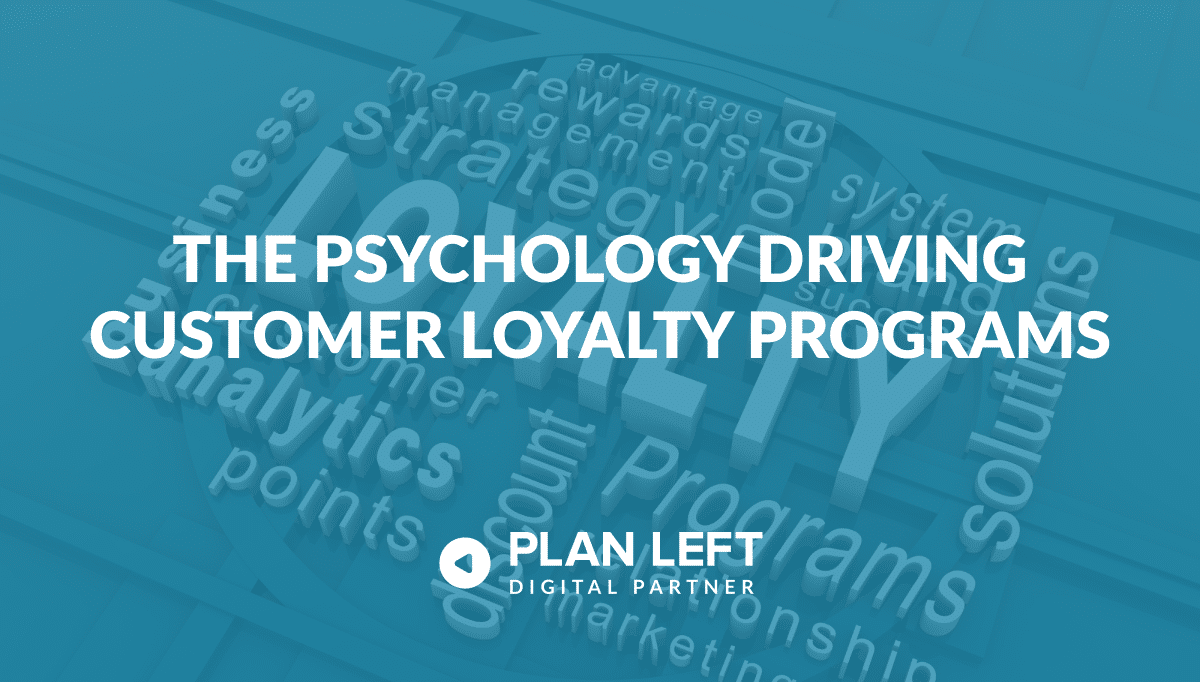
Customer loyalty programs are more than a marketing tactic—they’re a strategic approach rooted in psychology. With an understanding of the psychological factors influencing customer behaviors, your businesses can design a loyalty program that not only retains customers but encourages long-term brand loyalty. Plus, according to business.com, repeat customers spend 67% more than new customers via repeat purchases, larger cart sizes, and frequent upsells.
Consistent Rewards Reinforces Buying Behaviors
Psychologist Edward Thorndike’s Law of Effect states that behaviors followed by positive consequences are more likely to be repeated. This principle is foundational for loyalty programs, which reward customers for their purchases and reinforce positive buying behavior.
The Law of Exercise complements this by suggesting that the more frequently a behavior is practiced, the stronger the connection becomes. This is why consistent rewards are key to building lasting habits.
Rewards and Motivation Strategies
Different psychological strategies can be employed to motivate customers:
- Goal Gradient Effect: As customers get closer to achieving a reward, their motivation to reach the goal increases. This is why punch cards and progress bars are effective—they visually represent progress and spur customers to complete their journey.
- Endowed Progress Effect: Giving customers a head start in their loyalty journey (e.g., initial bonus points) makes them more likely to complete it. This artificial advancement can significantly boost engagement.
- Expectancy Theory: This theory posits that customers are motivated by the expected results of their actions. Clear communication of rewards and benefits can drive customer participation in loyalty programs.
- Operant Conditioning: Behaviors can be reinforced through rewards. Regular, predictable rewards encourage repeat behavior, while unexpected rewards can delight and surprise customers, enhancing their loyalty.
- Instant Gratification: Offering immediate rewards can satisfy customers’ desire for instant gratification, making them more likely to engage with the program.
Happiness is Addictive For All
Customer satisfaction is a powerful driver of loyalty. When businesses meet or exceed customer expectations, they create a positive emotional response. Programs that incorporate elements of surprise and delight can significantly enhance customer satisfaction.
For example, unexpected rewards or personalized offers can create memorable experiences that strengthen the emotional bond between the customer and the brand.
Learn What Influences Customer Loyalty
Several psychological factors influence customer loyalty:
- Consistency and Positive Reinforcement: Rewarding customers consistently for their purchases reinforces the idea that buying from your brand is a positive behavior with 79% of consumers continuing to buy from brands with loyalty programs.
- The Desire to Belong: Creating a community feel within your loyalty program can foster a sense of belonging with 83% saying loyalty programs determine whether they purchase from a brand again. Membership tiers and exclusive clubs can make customers feel part of an elite group.
- Entourage Effect: Rewards that can be shared with friends and family are more enjoyable and can enhance the perceived value of the loyalty program with 92% of buyers trusting word-of-mouth recommendations of those they trust over any marketing efforts.
- Social Status and Recognition: VIP programs that offer exclusive perks and recognition can appeal to customers’ desire for status and acknowledgment. 78% of consumers who earn $200,000 or more look at how to maximize their points and then adjust spending to do so.
- Personal Attachment: The more customers invest in a loyalty program, the more attached they become, translating to a 306% higher lifetime value with your brand. This is known as the escalation of commitment.
- Loss Aversion: The fear of losing benefits or points can drive continued engagement. Calling out what customers will lose if they don’t participate can be a powerful motivator with 64% spending more money top-out their point earnings.
Using Psychology to Design Your Loyalty Program
By understanding and leveraging psychological principles, businesses can design loyalty programs that effectively drive customer behavior. Here are some practical tips:
- Regular and Attainable Rewards: Offer rewards that are easy to attain and provide regular incentives to keep customers engaged.
- Pyramid of Check-Ins: Create a tiered system where customers can see their progress and strive for higher rewards.
- Continuous Reminders: Regularly remind customers of their progress and how close they are to achieving their next reward.
- Welcome Bonuses: Offer initial rewards to new members to give them a head start and encourage continued participation.
- Special Treatment for VIP Customers: Provide exclusive benefits and recognition to VIP members to make them feel valued and appreciated.
A well-designed loyalty program, developed with psychological principles in mind, can be a powerful tool for retaining customers and fostering long-term loyalty that not only returns but also advocates for your brand.
Explore Latest Posts
From Feast-or-Famine to Predictable Revenue: Creating Consistency in Lead Generation The revenue roller coaster is exhausting. Some months your pipeline ... read more
February 25, 2026
Marketing Automation Tools That Actually Save Time (Not Create More Work) Your marketing to-do list keeps growing faster than you ... read more
February 18, 2026
The Hidden Costs of Managing Your Own Google Ads: What Most Business Owners Miss Google Ads seems straightforward enough: pick ... read more
February 11, 2026
Essential Strategies for Entrepreneurs
Get Actionable Business Insights & Marketing Tips
Our newsletter delivers real-world strategies from entrepreneurs who’ve been exactly where you are.
Sign up now for:
- Actionable growth strategies that work
- Insider tactics for attracting top talent
- Real-world case studies from successful founders
- Emerging tech trends that drive innovation
- Pragmatic marketing approaches for visionary leaders
